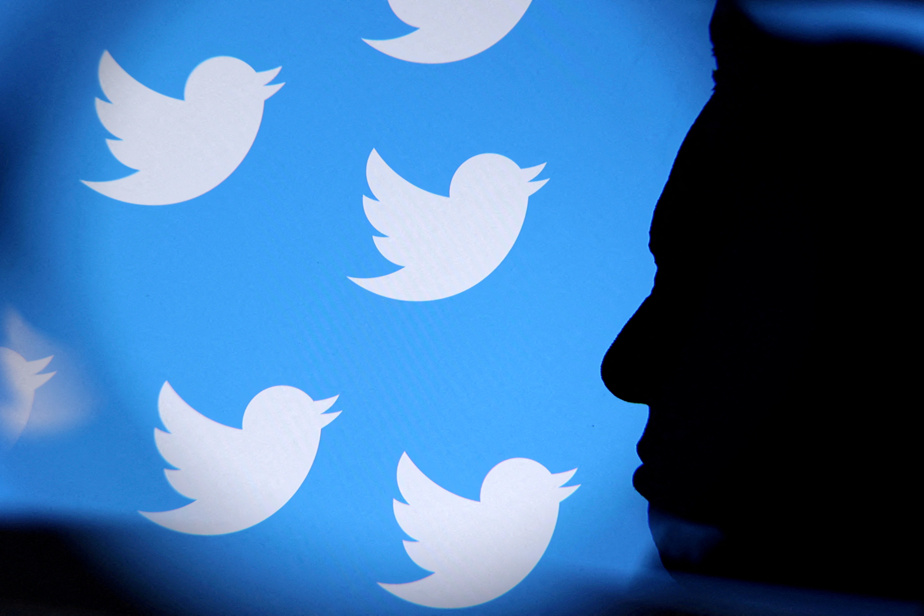
(San Francisco) Everyone expected a shock and no one was disappointed: Elon Musk’s purchase of Twitter exposed a gap between San Francisco’s corporate culture and the ways of the boss Tesla multi-billionaire.
“Musk loves humanity, but I think he doesn’t like people that much,” commented Emmanuel Cornett, the first computer engineer to be fired from the social network after its October 27 acquisition.
Earlier, he was one of many employees to watch the successful entrepreneur at work, despite the provocative nature that delighted his many admirers.
“I think we have blinders on. Many employees tried to give him the benefit of the doubt for as long as possible, because finding another job was not going to be easy,” he summarized.
But Elon Musk, beyond the big smiles and enthusiastic announcements, lives up to his reputation.
He fired half of the group’s 7,500 employees with a coolness rare even for the United States, thanked executives and engineers who disagreed with him, and finally issued an ultimatum: “Completely, unconditionally” work or get out.
Hundreds chose the second option.
“He behaves like a little playground bully. Any criticism of his grossly inaccurate claims about technology needs to be dismissed immediately,” said Sarah Roberts, a professor of social media at UCLA University.
“show no mercy”
Emmanuel Cornet was particularly shocked by the lack of “respect” of the world’s richest man: “In the long run, objectively, it seems that he is trying to help the planet, especially with electric cars. […] But the people around him seem disposable. »
Elon Musk “has this swaggering, brash side. He’s a cheeky, no-holds-barred entrepreneur who builds rockets and cars that impress people. Twitter culture is more sober, more progressive and socially oriented,” said John Wihbe, a professor of media at Northeastern University.
The libertarian entrepreneur has long had close ties to Silicon Valley, where he co-founded Tesla.
But he has since rejected the California Democrat, opposing health restrictions during the pandemic and accusing his factory of “racial divisiveness.”
In late 2021, he moved his flagship headquarters to Texas, a majority Republican state with conservative policies.
Twitter was founded by icon Jack Dorsey, who “had everything from a Zen master to a quest for spirituality,” John Wihbe recalls.
Employees at the tweeting network are “proud to work there,” he said. “They believed in what they were doing. »
Emmanuel Cornett worked at Google for 14 years before moving to Twitter, two groups that, at the time he chose, didn’t seem “obsessed with profits.”
“The sense of community on Twitter” is strong enough to persist after the layoffs, he marveled.
“Honorary Distinction”
Former “tweeps” — how employees of the social network describe themselves — wrote heartfelt goodbye messages on the platform, then created groups on Discord or Signal to support each other.
Many say they’re willing to work hard at the mercy of sudden decisions, but not just promises of bombast (“building a revolutionary Twitter 2.0”).
After Thursday’s ultimatum, dozens gathered in the platform’s audio lounge to reminisce full of nostalgia, never criticizing those who chose to stay.
When an employee asked at a meeting about the risk of losing staff, Elon Musk replied that he didn’t have a “good answer.” “I can tell you what works at Tesla: being physically in the office and giving it your all,” he said.
The eccentric leader who loathes teleworking – and is popular among computer engineers – likes to tell how he slept on site at Tesla when his company was “on the brink of bankruptcy”.
“In Neuralink or Tesla, he was able to make life difficult for employees, because they were dedicated to the cause, they worked on cutting-edge technologies. There was a vision,” explained Professor Jeffrey Sonnenfeld at Yale University.
At Twitter, on the other hand, between massive layoffs, a coercive culture and its “likes,” it’s probably not in the process of uniting staff around a creative culture, says this expert in corporate governance.
According to Sarah Roberts, for many in Silicon Valley, “being fired by Elon (Musk) has become an honor.”





